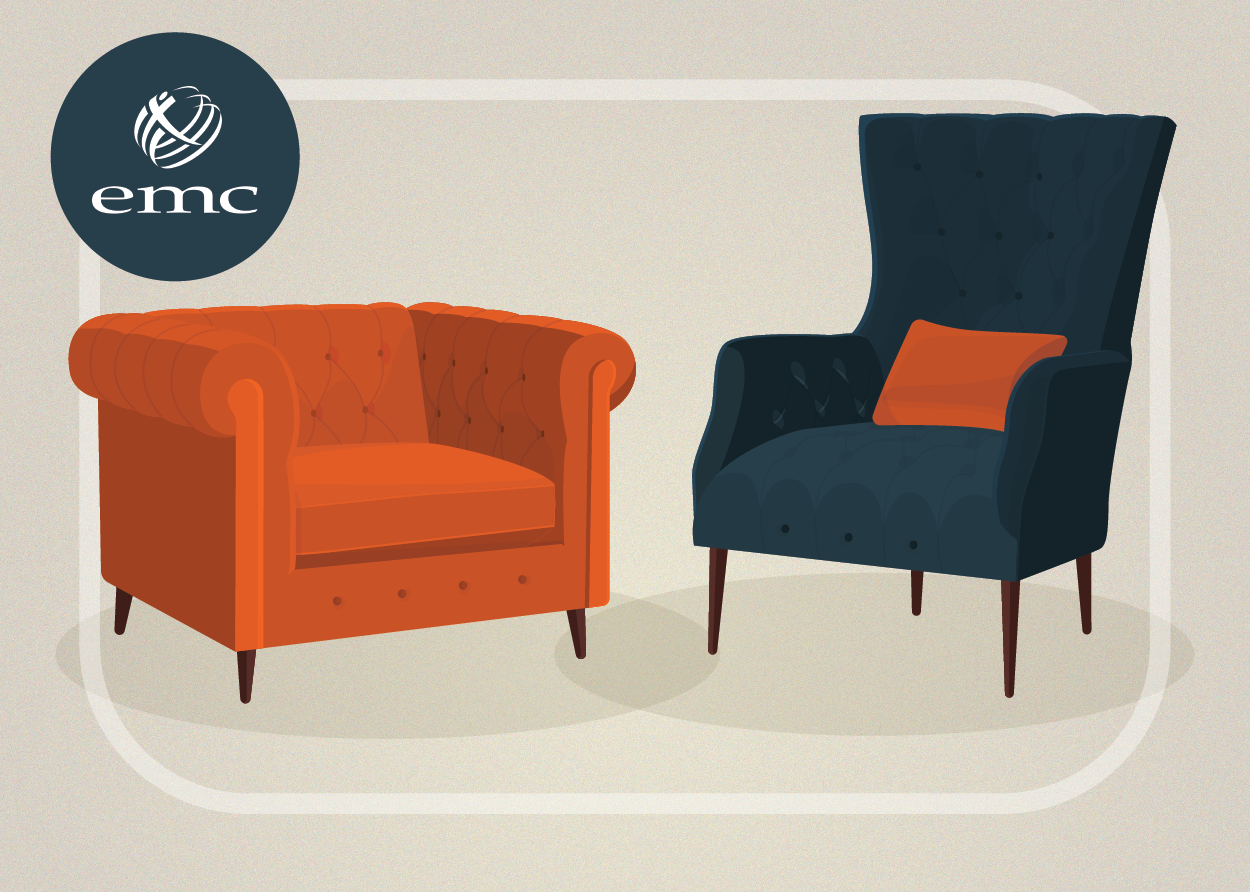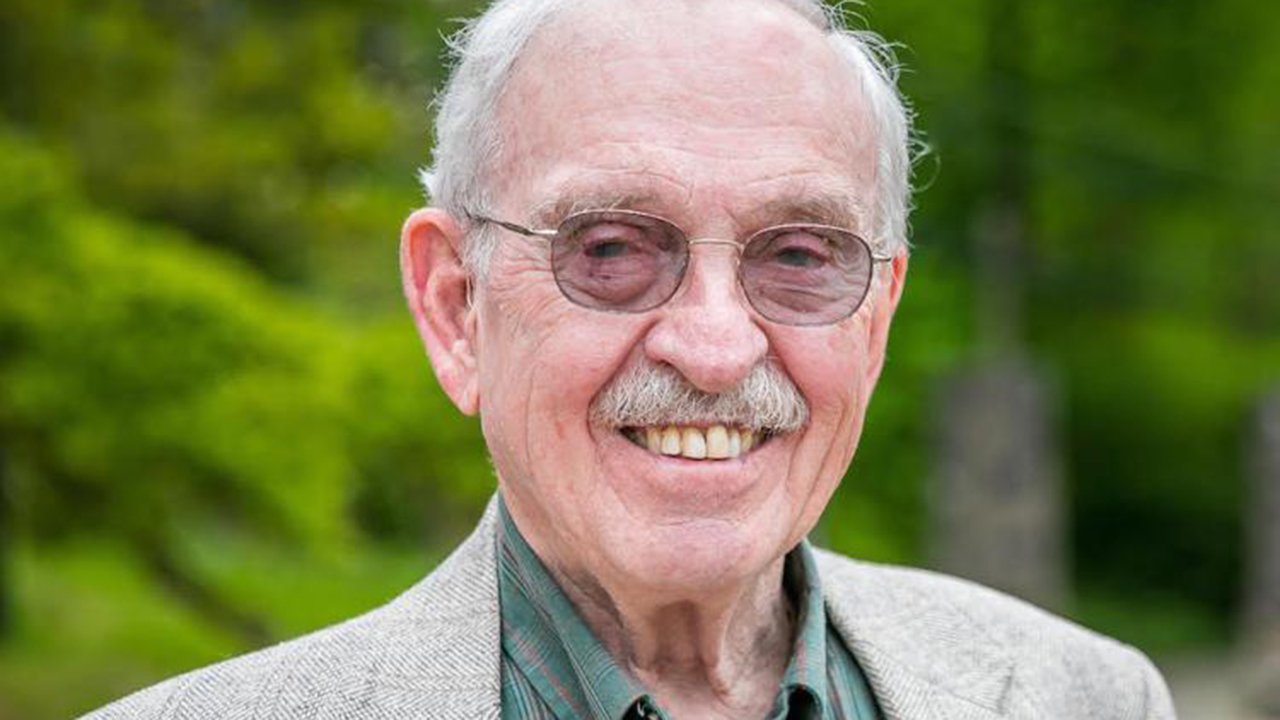The Controversy, Part 1
Listen Now
Our Guests
-
Until recently, Dr. Layton Friesen was the Conference Pastor of the Evangelical Mennonite Conference (EMC). He is now the Academic Dean at Steinbach Bible College and is the author of Secular Violence and the Theo-Drama of Peace.
-
Betty is a Conflict, Change, and Leadership Specialist at Credence and Co., with over 28 years of experience as a coach, mediator, trainer, facilitator, consultant and writer. Betty specializes in working with complex challenges, supporting leaders and their organizations to be at their best. Betty’s capacity to care deeply, listen well, and provide wise and thoughtful support allows her to help her clients engage in tough, meaningful, and important conversations, set directions, and achieve positive organizational change. Betty’s PhD (Free University Amsterdam) considers the intersection between conflict transformation and contemplative spirituality. Find Dr. Betty Pries online at www.credenceandco.com.
-
Dr. Ronald J. Sider was the founder and President Emeritus of Evangelicals for Social Action and was the Distinguished Professor of Theology, Holistic Ministry and Public Policy at Palmer Theological Seminary. He was the author of numerous books, including the Early Church on Killing and the bestselling book Rich Christians in an Age of Hunger. We interviewed Dr. Ronald Sider a few months before his passing in 2022.
-
Brian Zahnd is the founding pastor of Word of Life Church in St. Joseph, Missouri, and the author of ten books. His most recent book is “When Everything’s on Fire.”
Links and Resources
Books
The Space Between Us, by Dr. Betty Pries
When Everything’s On Fire, by Brian Zahnd
Secular Nonviolence and the Theo-Drama of Peace, by Layton Friesen
The Early Church on Killing, by Ronald J. Sider
Rich Christians in an Age of Hunger, by Ronald J. Sider
Nonviolent Action: What Christian Ethics Demands, but Most Christians Have Never Really Tried, by Ronald J. Sider
If Jesus is Lord, by Ronald J. Sider
Music
First Communion, Dane Joneshill
(Spotify | YouTube Music)
Noise, Brandon Post
(Spotify | YouTube Music)
Notable Quotes
Why is loving our enemies controversial?
“Because we're human… As human beings, we have a profound need for belonging, and what that means is that we sometimes draw tight boundaries around who's in and who's out.” ~Dr. Betty Pries
“As Christians, we have historically been focused on whether people believe the right things rather than focused on whether we're living the right way, and this has allowed us to say “yes” to abstract ideas like loving your enemies without really needing to know what this commitment demands of us.” ~Dr. Betty Pries
“It's controversial among humanity because this is how we primarily achieve unity. It's through common hatred of our enemy; this is how we cohere as a society.” Brian Zahnd
“That it does become controversial within the church is a strong indication of how accommodated we have become within Christendom to the wider society, and that we are not necessarily actually radical, counterculture, Jesus followers… Why is it controversial? Because it's hard.” Brian Zahnd
“People have sort of a basic, almost natural instinct, to love their friends and their family and the people who are looking out for them… But to love your enemies, to love those people who are seeking to destroy you, why would you do that? … That seems superhuman. It's a form of love that I think the Christian tradition has recognized is only possible by the grace and power of Jesus in your life.” Layton Friesen
“We have far fewer people being killed today violently than would have been the case 500 years ago and so what that has done for our churches today is that calls for nonviolence are often seen as sort of secular… so now we've got a bit of a problem on our hands in terms of identifying ourselves as Christians. What is actually Christian about this? And so, I think that has made the whole process of loving your enemies, thinking about nonviolence a little bit problematic for people because it's become identified with certain ideological camps in our world that we may not actually identify with.” Layton Friesen
“Because it's hard. The natural human response to enemies is to resist, and to resist violently if that seems necessary. It goes against the natural instincts that we have of self-protection and defense. I don't think until Jesus we had a religious leader saying explicitly, we should love our enemies.” Ronald J. Sider
Why is this topic important?
“It's important because each of us matters... we're all made in the image of God. Now Genesis 1 does not say we all behave in the likeness of God. There are moments when my behaviour is not the likeness of God, but that never takes away the belief or the statement that we are all made in the image of God.” Betty Pries
“The more we divide the world into these categories the more we start to self-destruct, not only as a collective but even individually.” Betty Pries
“When real life is happening and the question is there before us, are we going to go the way that most people would go, or are we going to go the way of Jesus?... Because we're not just sitting around doing podcasts and theology, we're actually trying to live our lives as Christians” Brain Zahnd
“The way we treat one another, the way we treat our enemies, the way we forgive one another, the way we treat those who persecute us; Jesus goes back to these issues over and over again. And so, I think if we want to actually be serious about following Jesus, we have to grapple with his message of nonviolence” Layton Friesen
“Peter makes it very explicit - he actually points at them and kind of needles them, and he says you crucified Jesus, you're the ones who rejected the author of life. And you are welcome into our church. Repent. You will be forgiven, your sins will be washed away and you can come on in and join us. Like what? I would challenge anyone to find another regime that would be willing to do that... the disciples clearly had got the message from their Savior that this is how you identify as a Christian: you love your enemies, and you forgive those who persecute you.” Layton Friesen
“The natural reaction of every society is to defend itself violently. It's what the human kind of instinctively does, but if Jesus is Lord, if Jesus is truly our Lord, and we feel that we should follow him, then it's very problematic for Jesus to say, “I want you to love your enemies.” But then for us to refuse to do that; that’s blatantly rejecting Jesus.” Ronald Sider
“The Bible is very easy to understand, but we Christians are a bunch of scheming swindlers. We pretend to be unable to understand it because we know very well that the minute we understand we are obliged to act accordingly.” Søren Kierkegaard




